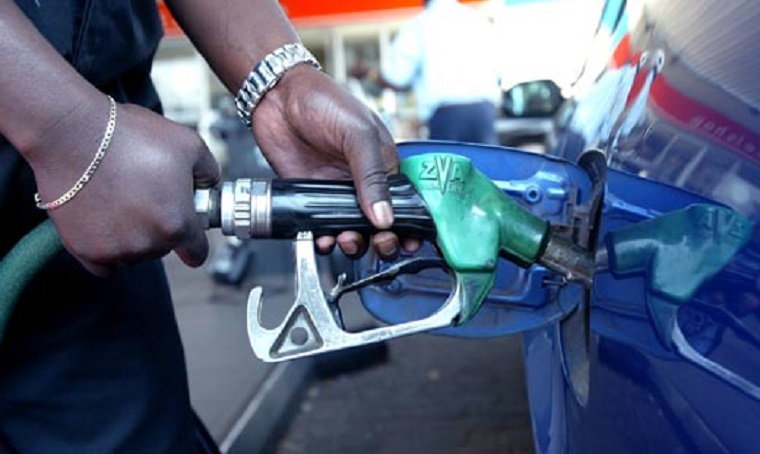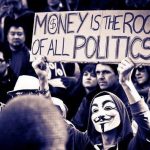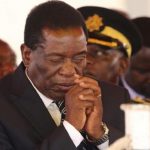 Zimbabwe today said 90 percent of the rise in the retail price of fuel is duty meant to counter economic and market forces that encouraged cheating within the fuel sector resulting in consumption more than doubling over the past few months.
Zimbabwe today said 90 percent of the rise in the retail price of fuel is duty meant to counter economic and market forces that encouraged cheating within the fuel sector resulting in consumption more than doubling over the past few months.
The cheating, according to the Herald, could have cost the country more than $250 million in foreign currency.
Zimbabwe increased the price of petrol from $1.34 to $3.31 and that of diesel from $1.26 to $3.11 with effect from yesterday.
According to a government notice released on Saturday, the price increase was mainly duty which rose from 45 cents to $2.31 for petrol and 40 cents to $2.05 cents for diesel and paraffin.
The government says it has worked out a plan to reimburse business the increased duty if it proves that the fuel was used to stabilise prices and has therefore asked business to revert to prices they charged before 12 January.
The sectors that will benefit from the rebate are manufacturing, mining, agriculture and transport.
Industry and Commerce Minister Mangaliso Ndlovu said the government had made interventions to make sure that hardships do not spiral down to the consumer but some business had panicked.
“Already some transport operators have hiked fares yet they will be covered by the rebate. There is a rebate for the public transport sector and also for industry in the productive sectors. What is now being determined is the quantum of the rebates,” he said.
Below is the statement by Finance Minister Mthuli Ncube explaining the interventions:
Continued next page
(435 VIEWS)


